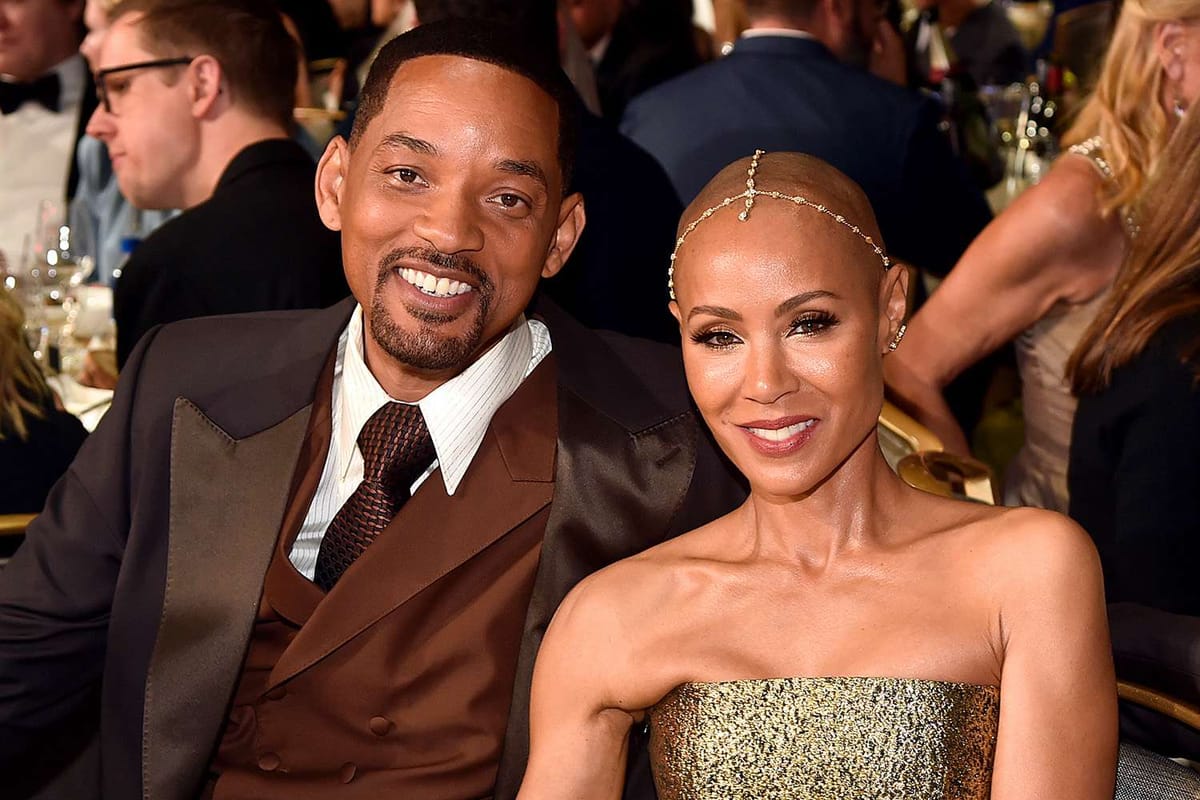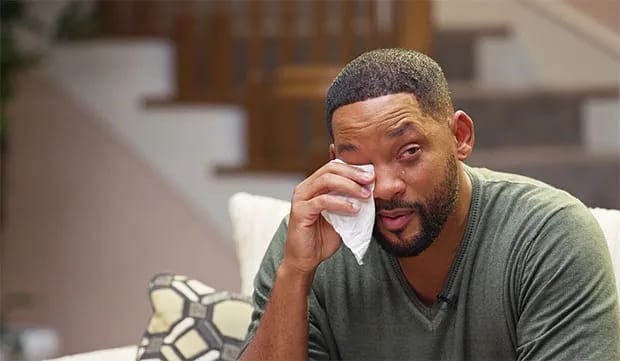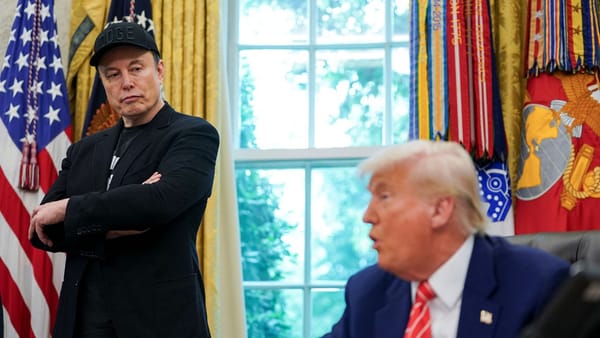Beyond the Slap: Why Black Love Deserves More Than the Will & Jada Show

The dust of the Oscars incident has settled, leaving behind a whirlwind of opinions and a question lingering in the Black community: what does it mean for Will Smith, Jada Pinkett, and ultimately, us? While outsiders dissect drama and speculate on motives, a deeper conversation needs to emerge. It's a conversation about Black love, toxic masculinity, and the insidious ways public expectations can suffocate the very relationships we strive to celebrate.
Let's be clear: condoning violence, whether physical or emotional, is never okay. Will's actions were indefensible, a public display of aggression that overshadowed the artistic triumphs of the evening and cast a long shadow over Hollywood history. But before we rush to judge Jada, or anoint Will as the hero of a narrative he himself shattered, we need to dissect the layers of dysfunction exposed on that Oscar stage.
Firstly, the burden of "Black excellence" weighs heavily on successful Black couples. We witness their rise, cheer their victories, and project our own hopes and dreams onto their union. We celebrate them as proof of possibility, a beacon of light in a world that often seeks to dim Black joy. But in doing so, we risk forgetting that they are, at their core, human. Humans with flaws, insecurities, and relationship dynamics that don't always conform to the picture-perfect image we paint.
Jada's openness about her experiences, including her "entanglement" with August Alsina, challenged traditional notions of monogamy and sparked fierce debate.

While some saw it as a sign of infidelity, others recognized it as a nuanced exploration of female desire and emotional complexity (which is crazy btw). The Black community, with its rich history of alternative family structures and evolving definitions of love, is uniquely positioned to understand these complexities. Yet, the public scrutiny and judgment leveled at Jada were often laced with misogynoir and rigid expectations of how a Black woman in a power couple "should" act.
Will's response, fueled by the pressure to protect his wife and uphold a hyper-masculine image, was a dramatic example of how toxic masculinity can fester within even the most seemingly progressive of men. This isn't about excusing his actions, but understanding the cultural forces that might have fueled them. Black men are often burdened with the responsibility of being strong, stoic, and the protectors of their families, even when the cost is their own emotional well-being. The pressure to be the rock, the breadwinner, the unwaveringly supportive partner, can lead to unhealthy coping mechanisms and stifle open communication.
So, where do we go from here? Do we write off the Smiths as a cautionary tale, another example of Black love gone wrong? Or do we use this as a springboard for a more nuanced conversation about Black relationships, one that moves beyond tabloid headlines and celebrity gossip?
Perhaps it's time we stop projecting our anxieties and aspirations onto one couple and start focusing on building healthier relationships within our own communities. Relationships where open communication, vulnerability, and respect are valued above performative perfection and societal expectations. Relationships where partners can navigate complex emotions and challenges without resorting to violence or public spectacles.
The Will and Jada story, messy and heartbreaking as it may be, offers an opportunity for introspection. It reminds us that Black love is not a monolith, that it exists in a spectrum of experiences, joys, and yes, even struggles. It's time we move beyond the applause and the outrage, and start fostering relationships that nurture our individual growth and collective well-being. Because ultimately, Black love deserves more than a front-row seat at the Hollywood drama – it deserves a stage of its own, where it can flourish in all its messy, beautiful complexity.
In my humble opinion Will should leave, or better yet he should've never got involved with Jada in the first place. I wasn't there, but I'm guessing there was litany of red flags along the way. What do you think?





